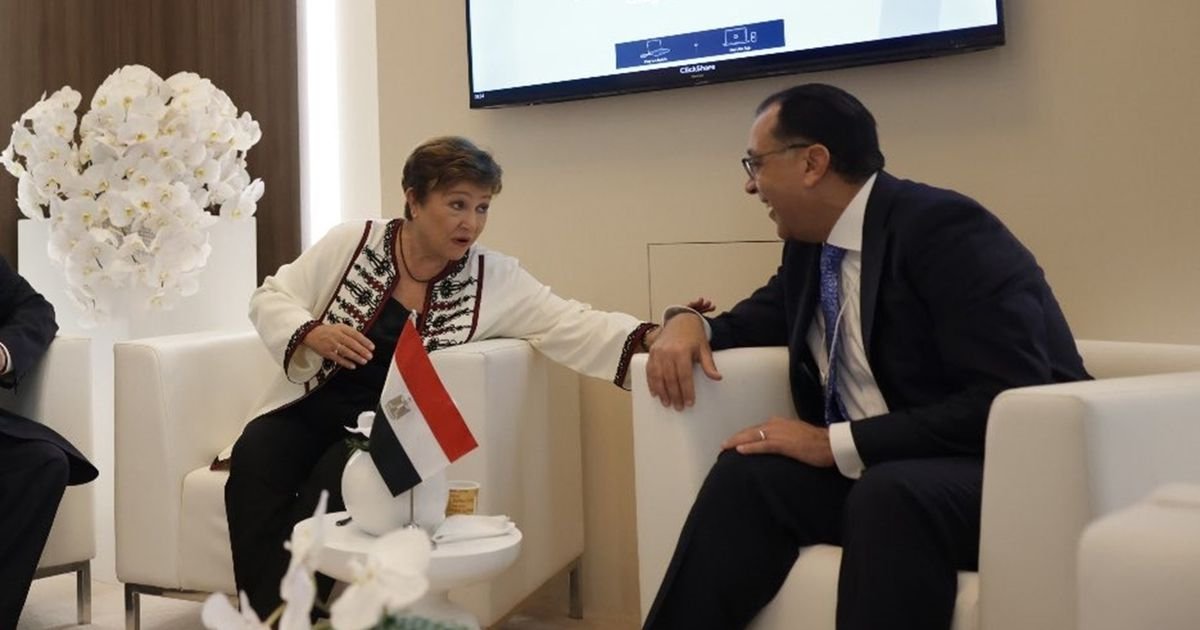
The government decided Egyptian Some companies affiliated with the armed forces were listed on the stock exchange, as part of pressure from the International Monetary Fund.
Companies affiliated with various sectors were presented, including oil, water, and infrastructure, and the trend included several companies affiliated with the public sector, such as “National Petroleum” and “Safi Water.”
The decision to list companies affiliated with the armed forces on the stock exchange reflects a major shift in the Egyptian economic strategy, and is considered a government concession, despite the fact that Egyptian army It controls a number of vital sectors of the economy, but the government decided to take decisions in line with the requirements of the International Monetary Fund.
It is unlikely that listing these companies on the stock exchange will lead to a radical change in the army’s dominance over the Egyptian economy, as the army is still considered one of the main players in strategic sectors, despite the steps the government is taking to open some doors of the economy to the private sector.
Show related news
However, many observers consider that this step does not significantly threaten the interests of the army, but rather is merely an adjustment in the mechanisms of the national economy to meet the demands of international institutions.
Show related news
Since the coup by the head of the Egyptian regime, Abdel Fattah Sisi President-elect Mohamed Morsi in July 2013 witnessed the signing of several agreements with the International Monetary Fund to obtain loans to support the national economy.
In 2016, the IMF agreed to lend Egypt $12 billion, in exchange for implementing a set of economic decisions, such as liberalizing the price of the Egyptian pound, reducing energy and fuel subsidies, and reducing the general budget deficit.
The implementation of these policies caused negative effects on the standard of living of citizens, as prices witnessed a sharp rise, and this led to popular protests and widespread discontent among some social groups, especially the poor and middle classes. Despite this, Egypt has seen some improvement in other economic indicators such as foreign exchange reserves and foreign investment, but the maintenance of external debt at high levels has become a continuing challenge for fiscal policy.
In 2020, Egypt once again signed an agreement with the IMF to obtain another loan worth $5.2 billion, in order to support the economy in light of the repercussions of the Corona pandemic, and the Egyptian government continues its commitment to the economic decisions required by the IMF in order to obtain new loans, which makes Egypt In a continuous cycle of borrowing with the Fund.
Show related news
In recent negotiations between Egypt and the International Monetary Fund, Egypt was seeking additional financial support to help it face the current economic challenges. At the beginning of 2024, the two sides began discussing the possibility of obtaining a new loan
The discussions included the IMF’s insistence on the need to reduce public debt and achieve long-term financial sustainability, but the social and political pressures that Sisi faces from within, and the complex global economic conditions, made these negotiations a sensitive process.



